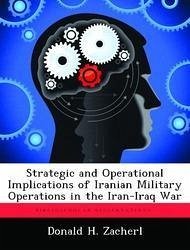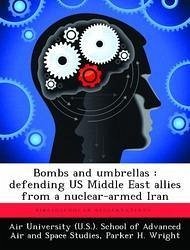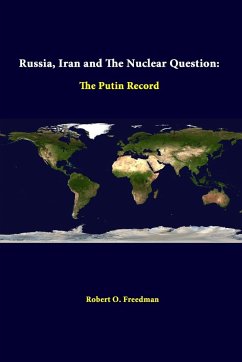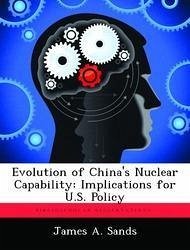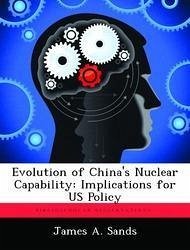Nicht lieferbar
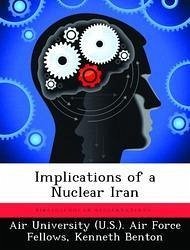
Implications of a Nuclear Iran
Versandkostenfrei!
Nicht lieferbar
Abstract Iran's nuclear program and how to deal with it seems to grow larger every day. The debate about what Iran would do with a nuclear weapon is seemingly endless. It could menace Israel, blackmail smaller neighboring states, give it to terrorist organizations and possibly deter the United States from fulfilling security guarantees to regional states or projecting power throughout the Persian Gulf. Iran insists that its nuclear program and their intentions are entirely peaceful. However, three years of investigations by the IAEA have failed to resolve the issues brought on by nearly 20 yea...
Abstract Iran's nuclear program and how to deal with it seems to grow larger every day. The debate about what Iran would do with a nuclear weapon is seemingly endless. It could menace Israel, blackmail smaller neighboring states, give it to terrorist organizations and possibly deter the United States from fulfilling security guarantees to regional states or projecting power throughout the Persian Gulf. Iran insists that its nuclear program and their intentions are entirely peaceful. However, three years of investigations by the IAEA have failed to resolve the issues brought on by nearly 20 years of Iranian violations. These violations and their complete resistance to transparency demanded by the IAEA and most of the international community increases fears that regardless of their claims they do seek the capability to build nuclear weapons. The implications of Iran's nuclear program have been widely analyzed in seemingly every news source imaginable. However, Iran's theocratic government has not. Who make decisions in Iran and why? Iran remains a country of unique complexity and contradictions. It has a quasi- representative government, claiming popular support, but also suffering legitimacy and economic problems. Currently, the United States is faced with three options regarding Iran. First, we can continue with diplomacy and sanctions. Early in his administration, President Obama said he would give Iran until the end of 2009 to change its policy on nuclear weapons development. This deadline came and went and Iran continues its policy. From the beginning President Obama has focused on diplomacy on the Iran question. Iran's move to begin enriching uranium to 20 percent drew strong criticism from President Obama, who reacted by stating that Washington and its allies would begin developing significant new sanctions against Iran. This could be the catalyst needed to persuade the UN Security Council to agree on tougher economic sanctions. Unfortunately, policy makers in






